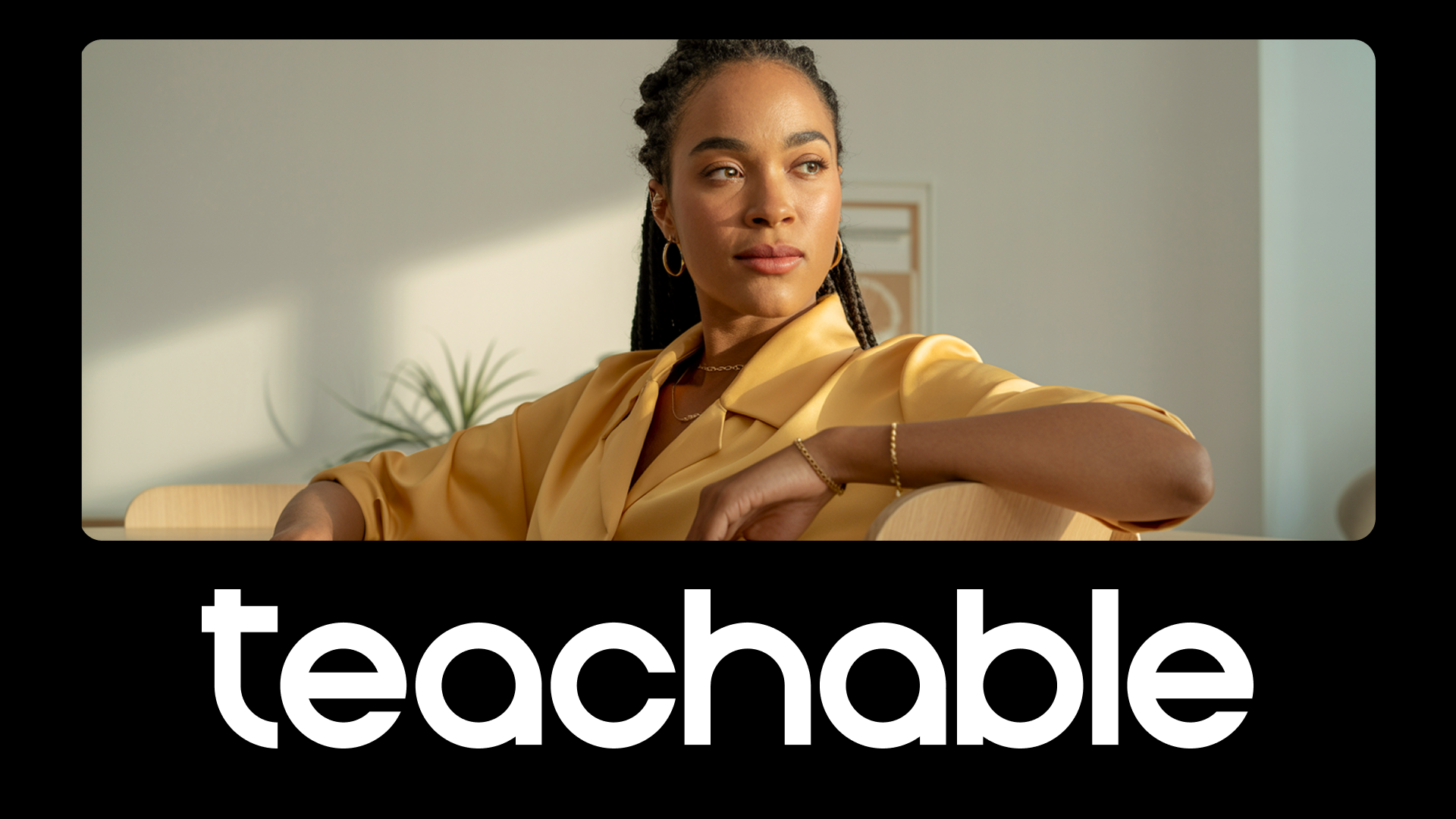How to come up with your profitable course idea is something many course creators struggle with. The right idea can mean the difference between a life-changing launch and something that falls flat and fizzles. Luckily, we’ve got tried and true strategies for coming up with your course idea and are going to share our signature methods with you. Plus, don’t forget to download our “7 steps to launch your own profitable online course” worksheet.
Finding a profitable online course idea
In this post you’ll learn how to:
- Begin brainstorming ideas
- Narrow your course ideas down
- Validate your course idea
- Refine your course topic
Begin with what you have
Whether you’re a blogger, teacher, coach, or just enthusiast within your niche, turn to content you’ve created or ideas you’ve already brainstormed before starting fresh.
{{profitable-component="/blog-shortcodes/blog-popup"}}

Narrow it down
Theoretically, you could create dozens of online courses and bring all of your brilliant ideas to life. But for the sake of this post, we’re going to pretend that your goal is to release your first profitable online course as quickly as possible.
Niche your course down by:
- Figuring out which would be the easiest, fastest and least expensive for you to create. This will eliminate potential blockers.
- Which course will you enjoy creating the most? If you’re having fun creating your course, you’re less likely to get burnt out or lose motivation.
- Which topics align with your long-term goals? Creating a long-term and sustainable business means thinking ahead.
Validate your course topic
Validating your profitable online course idea is essential if you’re worried about whether or not you’ll have any interest in your course.
Searching: Searching is the easiest and fastest way to validate your course topic. All you do is search the Internet to see what other people are looking for, clicking on, and engaging with.

BuzzSumo is a great tool for seeing what online content is attracting the most attention. It’s particularly useful for seeing what is being shared on social media. Another tool is the Amazon Kindle Store, which is actually a search engine filled with ebooks and other information products. You can search for successful ebooks on your topic.
Listening: See what people in your target audience are already wondering. Quora is a place for people to ask any kind of question they have, and wait for subject matter experts to weigh in on the answers. It’s valuable here for you to see not just what questions people are asking, but also how others are answering.
- Do you notice any subject matter experts? What products are they promoting?
- Do you notice a certain topic sparking a discussion or debate?
- Are there lots of people weighing in, but no conclusive answers?
- Is everyone saying the same thing, but missing something?
- Do people link to outside resources? What quality are those resources?
Asking: Get the answer on whether or not people will buy straight from the source. The thing is, you can’t actually straight up ask because often times people aren’t able to accurately predict their own future behavior. Instead, you should ask questions that will tell you what challenges people are facing. If your course solves their problems, that’s a good sign that people will purchase.
A few ways to ask are:
- Begin asking questions in forums like Quora

- Ask questions in more niche forums or groups, if there are any in your industry or discipline
- Create a survey to share with your audience, using a service like Survey Monkey, Ask Your Target Market, or Google Forms
- Do 20–30 minute video calls or meet in person, so you can read body language and learn more than you would on the phone.
- Record the interview, but ask permission first.
- Find people to interview by emailing your list, asking on social media, or even asking in-person.
- Don’t offer incentives off the bat. Only give a gift in exchange for time if you have trouble getting people to chat with you. Even a small gift card can skew someone’s opinion, and they may subconsciously give you the answers they think you want.
Testing: The idea is to put a product in front of your audience and see if they’re interested in buying. This can be a smaller ticket item like an ebook or PDF. Instead of starting off the bat with a paid product, you can use a lead magnet. This allows you to see if your audience are willing to give you something in exchange for your expertise. In this case, it’s just their email address. Once you’ve got your foot in the door, they’ll be more likely to pay for your products down the road.
Refine your topic
The more nitty gritty you can get with your topic, the better chance it has to become a profitable online course idea. If you’re too broad, you’ll find yourself in the creation stage for forever. Try to narrow it down to one specific transformation. For example:
Instead of creating a course on how to open your own online shop on Etsy, you could create a course walking your audience through how to create your own online shop selling handmade soaps on Etsy while balancing your full-time job.
It’s important to try not to be everything for everyone. As appealing as it would be to say that your course could help every single Etsy seller ever, that’s unrealistic. Think about who would benefit the most from your expertise, and cater your online course to them.
Ideas in action
Let’s go through a few more examples of profitable online course ideas. Let’s pretend that your niche is interior design and you want to teach people how to decorate their living rooms.
Instead of saying, “Everyone with a living room! This is the online course for you!” narrow it down. Your course shouldn’t be “How to decorate your living room.” instead, it could be “How to decorate your living room for less than $1,500.” or “How to decorate your living room with thrift store finds.” or “How to decorate your living room as a minimalist.”
People want to feel like they’re buying a product catered to them, it feels more personal and it gets your audience excited.
Long story short
Have a specific audience in mind, because you can’t make an entire broad niche happy with your online course. Make sure you’ve narrowed it down and you’re offering something specific and nitty gritty. When it comes to profitable online course ideas, the more niche the better. And remember: No one can offer your POV quite like you can.
Join more than 150,000 creators who use Teachable to make a real impact and earn a real income.



%20(1).png)

.png)


